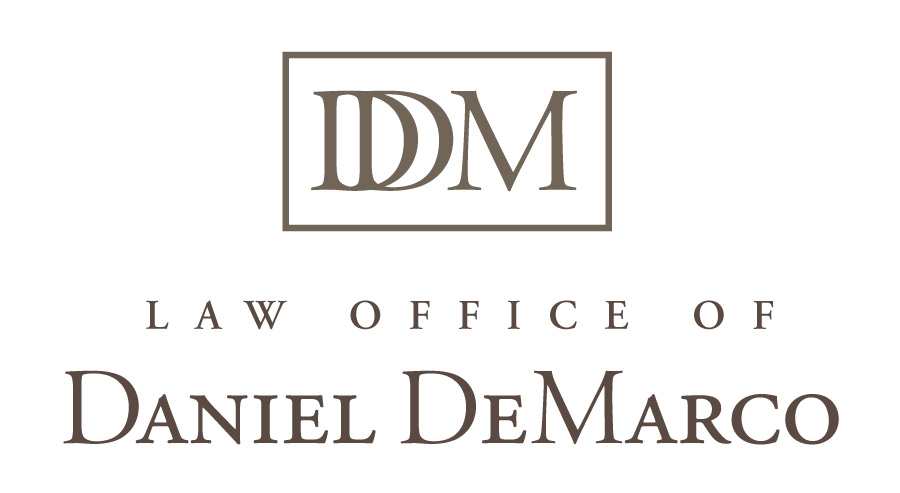Non-Profit Organizations
The National Center for Charitable Statistics (NCCS) estimates that over 1.5 million nonprofit organizations (NPOs) are registered in the United States. The birth and growth of NPOs can be attributed to that fact that in the absence of adequate government funding, many individuals have a deep commitment to seek and achieve better conditions in life for a disadvantaged group or individuals. Accordingly, one of the few means by which a NPO can survive is through the financial support willingly provided by corporations, other NPOs, and individuals who believe in the vision and mission of a particular NPO. It therefore follows that many NPOs can seek a full exemption from taxation, and the donations a charitable NPO receives are either partially or entirely deductible by the donor for federal tax purposes. These are most commonly referred to as 501 (c)(3) NPOs, because it is that section of the Internal Revenue Code that permits such a tax deduction for a donation to an NPO. Obtaining that particular exemption can be very complex and time consuming, and requires an understanding of what the Internal Revenue Service (IRS) looks for in an application for this special exemption. If you are seeking assistance on what is required to successfully convince the IRS that your NPO qualifies as a 501 (c )(3) charitable organization, please contact my office for a cost effective consultation.
Once the contributions are successfully received by the NPO, there is then a need to understand the obligation of the NPO to the donor as well as to the IRS. An NPO is generally not obligated to pay federal tax on the amount of revenue it receives from donations, but it is required to annually file what is commonly referred to as an informational tax return, known as a Form-990, that reports revenue and expenses of the NPO. Surprisingly, many NPOs fail to recognize that revenue could actually be considered taxable income to the IRS if it is considered unrelated business income tax (UBIT). There is also a requirement in certain circumstances for the NPO to place a fair market value on donated items being sold, or rather, auctioned, in an effort to raise funds. In such circumstances, the NPO must be aware of the “quid pro quo” rule to make certain that the one receiving the item reports a n accurate tax deduction. In many circumstances, they may not be able to report any tax deduction. This simply presents another example of the complexities NPOs are faced with in order to comply with federal tax laws after obtaining status as a 501(c )(3) charity.
Additionally, because NPOs receive support without any benefit in return to a donor, except in rare circumstances, and because there is a strong government interest in preventing fraudulent and deceptive solicitation practices by a NPOs, local and state laws in Pennsylvania tend to be complex in regulating the incorporation, management and solicitation practices of NPOs. There are a host of legal requirements in Pennsylvania that a NPO must be aware of when soliciting contributions. The Pennsylvania Solicitation of Funds for Charitable Purposes Act must be carefully understood and followed when seeking general financial support from potential contributors. There are specific notice requirements of the NPO to prospective and actual contributors, and financial reports that must be filed with the Pennsylvania Bureau of Corporations and Charitable Organizations (BCCO). Even the Pennsylvania Liquor Code must be followed in the case of a fundraising event in where alcohol is served. And local licensing ordinances are required to be followed when conducting certain auctions and raffles for fundraising purposes.
These all are representative of laws and regulations most important to the founding and continued operation of a NPO, but are certainly not the exclusive legal matters that require the attention of an NPO. My background representing NPOS and experience serving as a Director on various NPO Boards over the years can help minimize the excessive time it usually takes to understand all of these local, state and federal laws and regulations.
